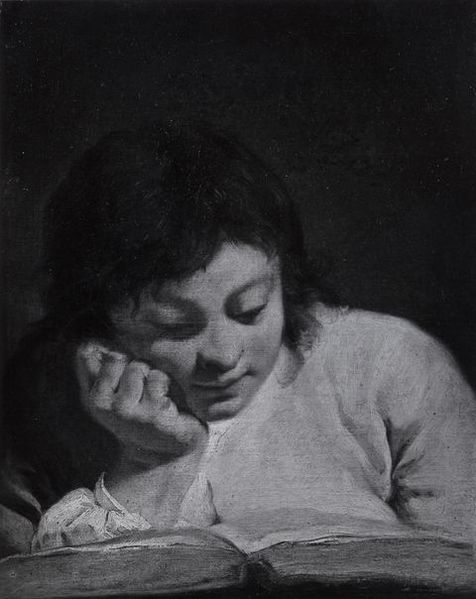Yesterday I turned to Before Novels: The Cultural Contexts of Eighteenth Century Fiction (written by my dissertation director J. Paul Hunter) to explain why ambitious and mobile 18th century readers were drawn to the age’s cutting edge literary genre. Today I draw on Hunter to understand what attracted young people, the early novel’s predominant audience. I use these ideas to help my own students engage with such works as Moll Flanders, Clarissa, Tom Jones, Evelina, and Jane Austen’s novels.
Here’s Hunter:
Novels have traditionally captured a disproportionate readership among the young, perhaps because youths seek knowledge the novel contains, perhaps because new readers are perpetually seeking promising new outlets as alternatives to what their elders recommend. Moralists and cultural guardians in every age regularly train their fire on imaginative literature thought to corrupt the young—they think it heightens expectations or fires desires—and the attacks on novels in the mid- to late eighteenth century (like the warnings half a century earlier about plays, romances, and other books thought to be incendiary or head-turning) presume that the imminence and depth of the danger involves the fact that most readers are at a stage of life when they are impressionable, ready to make crucial choices of their own about life and career.
Whatever their intentions about regulating conduct or influencing life choices, novelists seem regularly to make similar assumptions, repeatedly choosing plots, characters, and situations that feature choices of life and the consequences of such choices. Choices of career and marriage partner and their outcomes dominate the action of most novels in most ages but particularly in England in the eighteenth century. Novelists either began with private concerns about such matters and drew an audience along, or (consciously or unconsciously) they recognized, as cultural and moral critics did, that their potential readers were those facing imminent life choices of their own.
Hunter then goes on to make an observation that is central to how I see literature and that is at the foundation of this blog. If you find my emphasis on literature’s practical side to be problematic—say, on how novels can help us forge successful relationships or deal with insensitive parents—it may be because you were taught by teachers (and they by literary critics) such as those that Hunter has in mind:
Literary critics habitually, in their pursuit of artistic and aesthetic concerns, tend to underrate the “real-life” issues that draw readers to novels or condition their choices of reading material more generally—questions about how the world works and how other people make the structural decisions that face us all…
In my 18th Century Couples Comedy class, we spend a lot of time talking about relationship issues that the students encounter. To cite one instance, I have learned that the courtship rules around texting are at least as complex as those around letter writing in Fanny Burney’s and Jane Austen’s time.
Neither Hunter nor I are saying that we read only, or even mainly, for practical purposes. That sounds deadly dull. But our imaginations are most fired when we read about situations in which we can recognize ourselves, our questions, and our problems.


